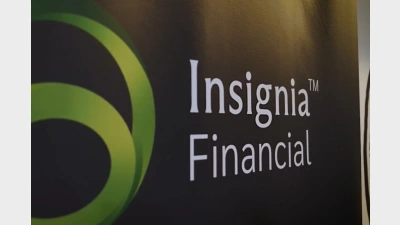Need for ATO clarity on clearing houses
The Association of Superannuation Funds of Australia (ASFA) has called on the Australian Taxation Office (ATO) to inject more clarity into a draft determination dealing with employer superannuation payments made to superannuation funds via clearing houses.
ASFA’s call is contained in a submission to the ATO commenting on the draft determination and comes at a time when a number of funds and superannuation administrators have moved to implement clearing house arrangements for employers.
ASFA is seeking clarity in the wording of the draft determination with respect when an employer’s contribution on behalf of an employee is actually deemed to be made when a clearing house acts as an agent of a superannuation fund.
“In this circumstance, where the employee is a member of that superannuation fund, the payment made to the clearing house is considered a contribution to the fund for the purposes of superannuation guarantee,” the ASFA submission said.
However, it pointed to other wording within the draft determination which it said appeared to contradict the suggestion that a contribution was made when it was “received by the trustee of the superannuation fund”.
The ASFA submission has also called for clarity with respect to agency relationships between superannuation funds and clearing houses, pointing out that agency relationships do not normally exist in a superannuation context.
It said that “delegation” and “outsourcing” were more appropriate terms.
Recommended for you
Morningstar believes there is still further to run with the potential takeover of Insignia Financial even with original bidder Bain Capital walking away.
Insignia Financial has announced the status of the two private equity bidders as due diligence comes to an end.
The future of superannuation policy remains uncertain, with further reforms potentially on the horizon as the Albanese government seeks to curb the use of superannuation as a bequest vehicle.
Superannuation funds will have two options for charging fees for the advice provided by the new class of adviser.










